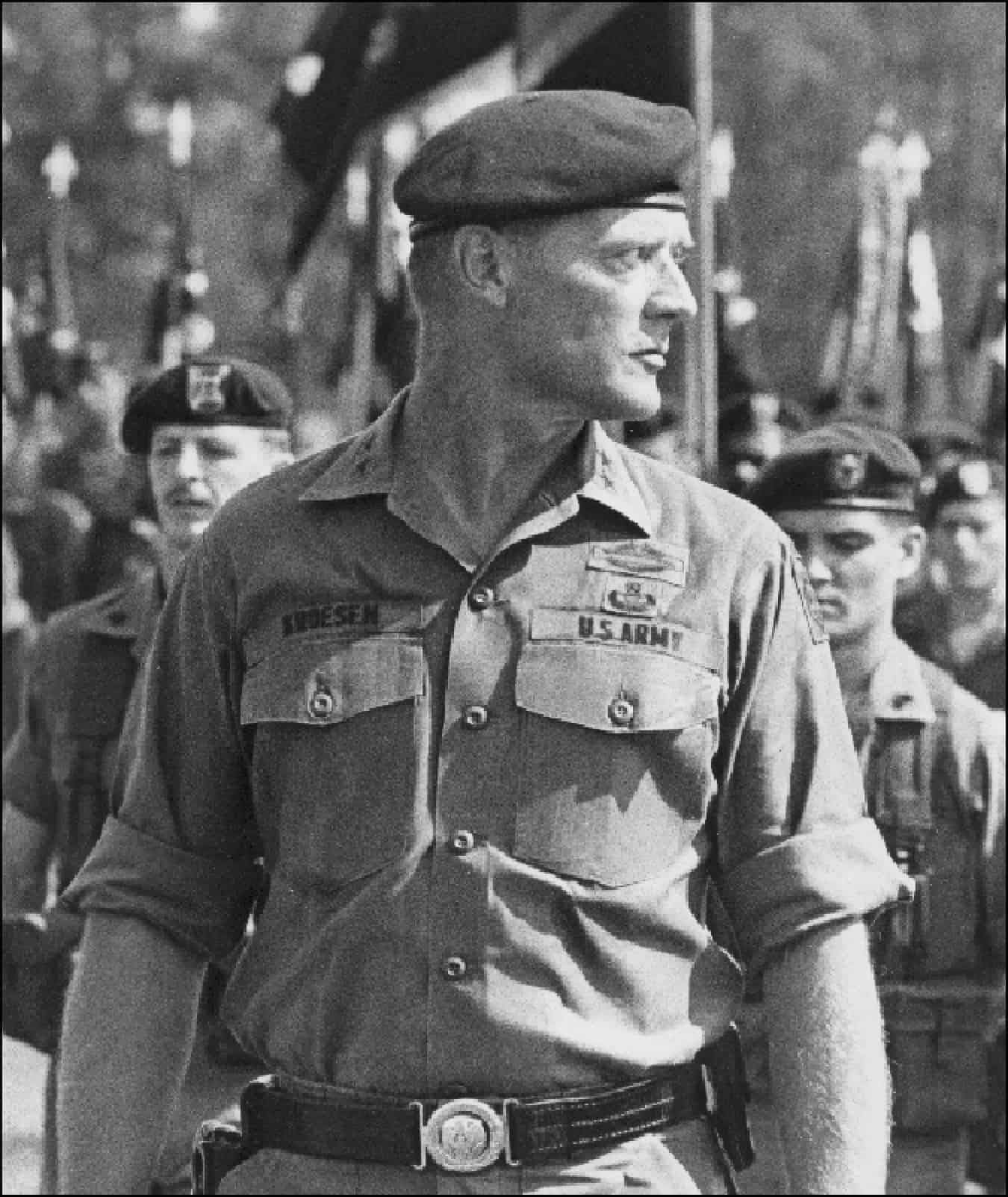It’s Time to Try Hiring Better, Rotating Smarter

By GEN. Frederick J. Kroesen - ASCF First Vice President
Two recent announcements are of interest to anyone contemplating the Army’s future. The first, out of Stuttgart, reveals that U.S. Army Europe has initiated a search for a suitable location for stationing a NATO augmentation force in Germany. In that we have spent years closing bases, moving out and declaring that we no longer needed to be there, this is a stark revelation that previous decisions were ill-considered and unnecessarily complicating our NATO commitments.
Plans are for a force that will initiate a system in which a brigade will be rotated every nine months. There should be a no question that re-establishing our NATO commitment is a necessity, but it is somewhat surprising that the facilities so recently abandoned don’t seem to provide a solution. And there are those two brigade bases we built in Romania and Bulgaria when we were encouraging the expansion of NATO into Eastern Europe.
I do not mean to second-guess the current inquiries, but only want to introduce the idea that recognizing the long-term commitment we had to NATO might also renew interest in reinstating a policy of family-accompanied tours overseas in which long-term commitments require our presence. Another rotating brigade with a too-small Army is not an attractive consideration for soldiers thinking about a career and realizing that half of their first 20 years might be spent on unaccompanied or ‘’hardship’’ tours.
The second significant announcement concerns the end of the federal hiring freeze, which White House Budget Director Mick Mulvaney said ‘’does not mean that agencies will be free to hire willy-nilly.’’ The freeze is being replaced ‘’with a smarter plan, a more strategic plan, a more surgical plan.’’ All government agencies are tasked to restructure for efficiency, effectiveness, and accountability. The Association of the U.S. Army noted in April that DoD is charged with ‘’continuing to reorganize and shift functions, even across service lines, to run more efficiently’’ and to ‘’determine if employee positions could be reassigned to someone of a lower grade if the position is even essential to current missions.’’
The personnel management history associated with such directives is not encouraging. Government agencies are adept at justifying the need for deputies, assistants, assistant deputies and deputy assistants. The Senior Executive Service in all agencies is populated with individuals whose activities are concerned with advice and counsel but without the responsibility for decision-making or policy adoption. No secretary starts with considering their deputy as a potential candidate for elimination and none of their subordinates do either. The usual result has been the justification for leaders’ positions followed by a reduction of clerks and other administrative personnel in numbers needed to meet an acceptable percentage reduction.
For the military services, however, these edicts usually begin with the ‘’realization’’ that there are too many generals and admirals and some number is specified for elimination. The services then have to find the least harmful way to substitute colonels and captains, whose numbers are already controlled by the Defense Officer Personnel Management Act, to fill positions designed as general and flag officer requirements.
DoD came into existence in 1947 with less than 100 full-time employees. It has grown to a strength that almost rivals that of the services it is designed to supervise. It is perhaps the most lucrative place to find personnel reductions that would be least harmful, perhaps even beneficial, compared to the too-small Army and its too-small civilian component, a situation reflects in the U.S. Army Europe announcement that included a requirement to identify contract organizations that can provide the service and support needs of the new installation.
Gen. Frederick J. Kroesen, USA Ret., served as vice chief of staff of the U.S Army and commander in chief of U.S. Army Europe. He is a senior fellow of the AUSA’s Institute of Land Warfare.
This article originally appeared in ARMY magazine, Vol. 67, No. 7, July 2017. Reprinted by permission. Copyright 2017 by the Association of the United States Army, all rights reserved.











